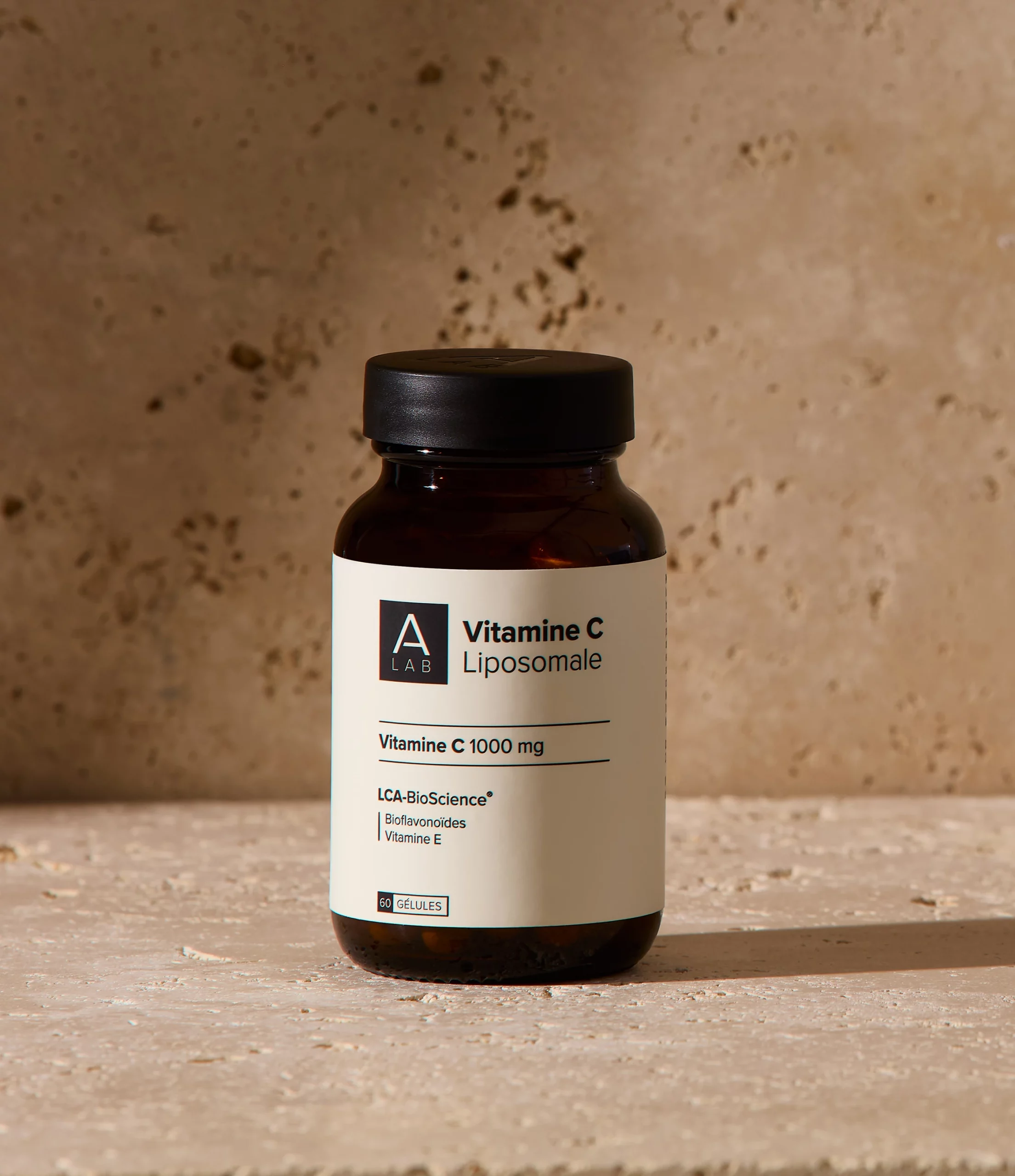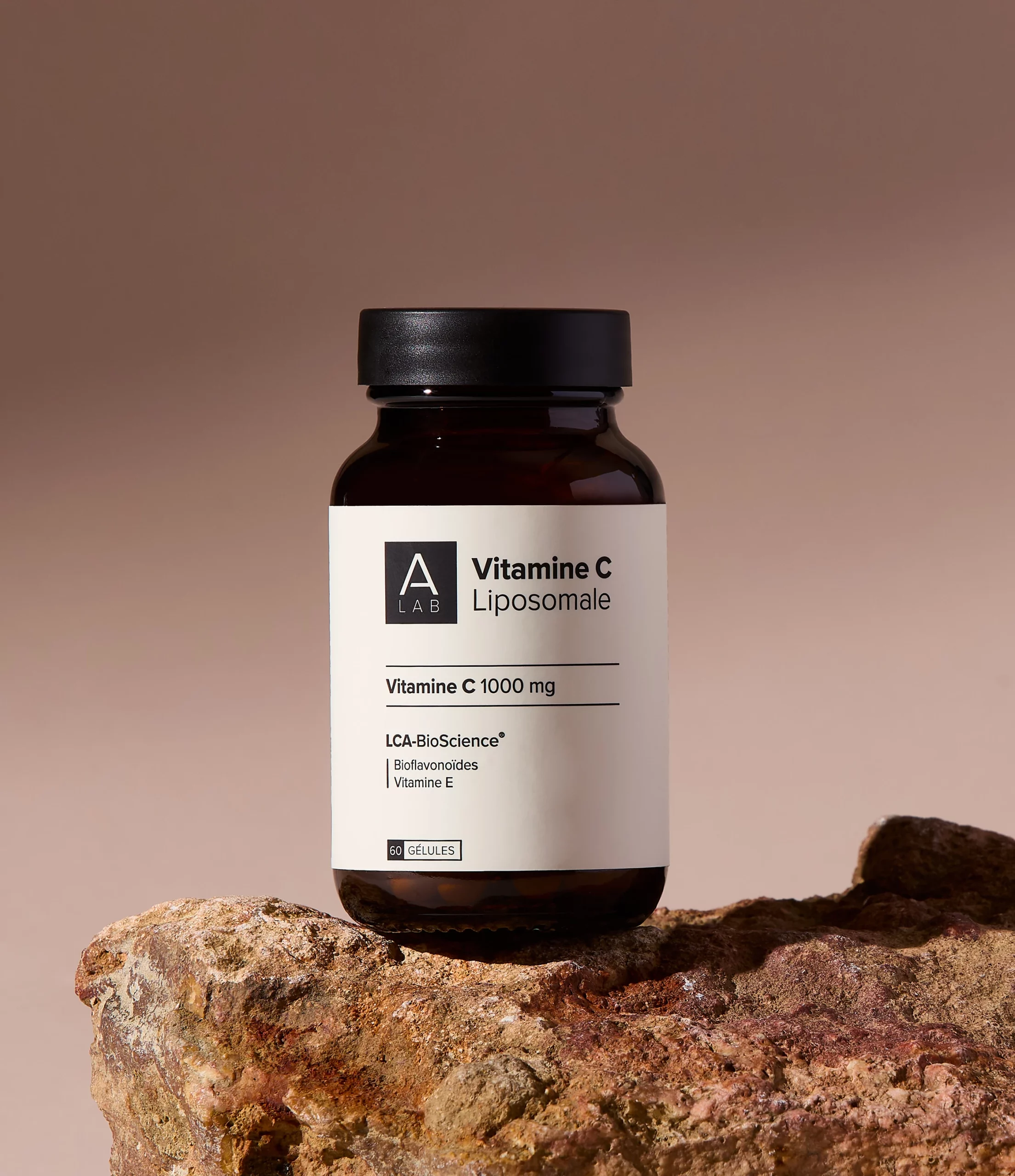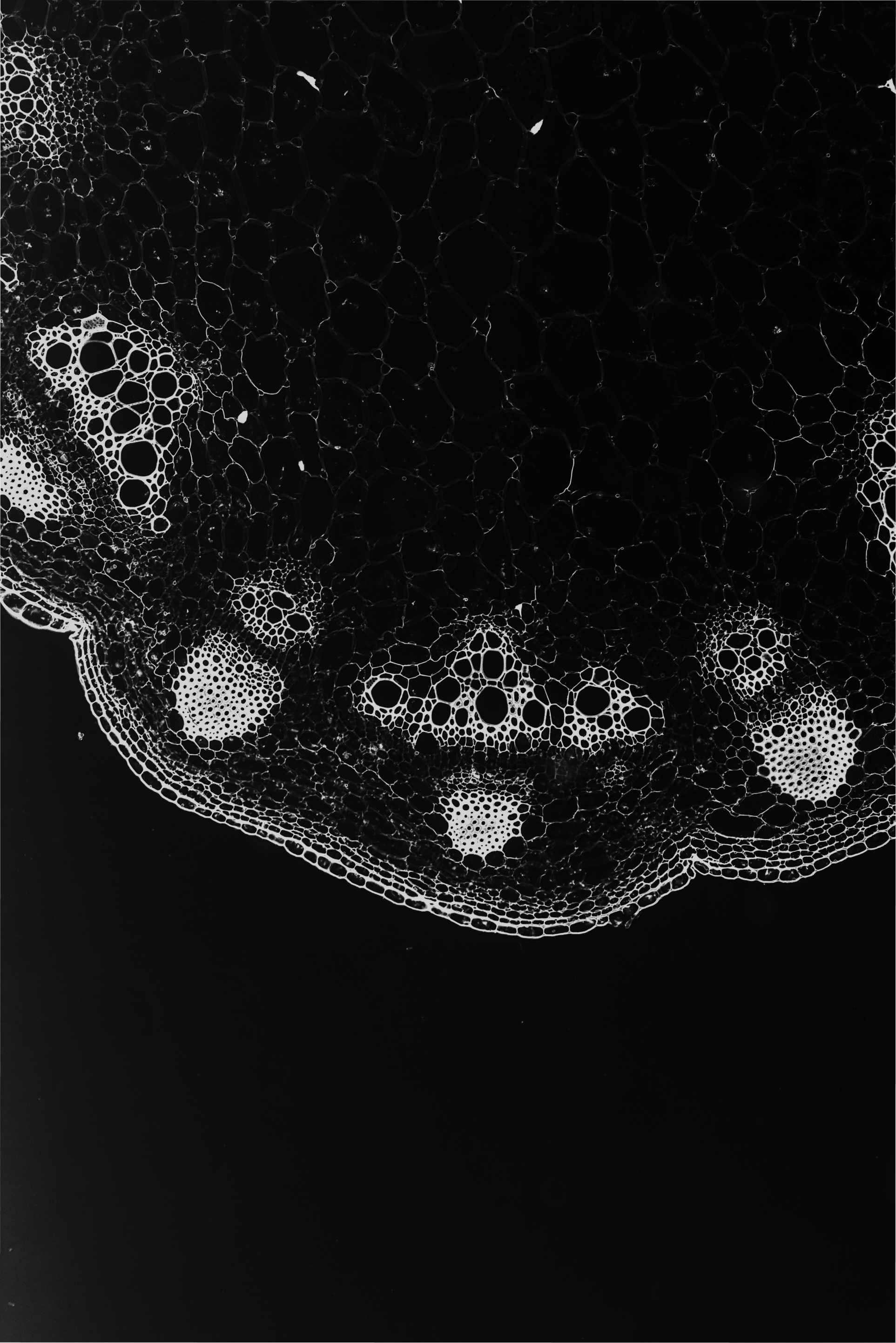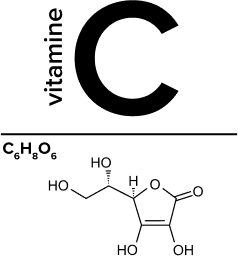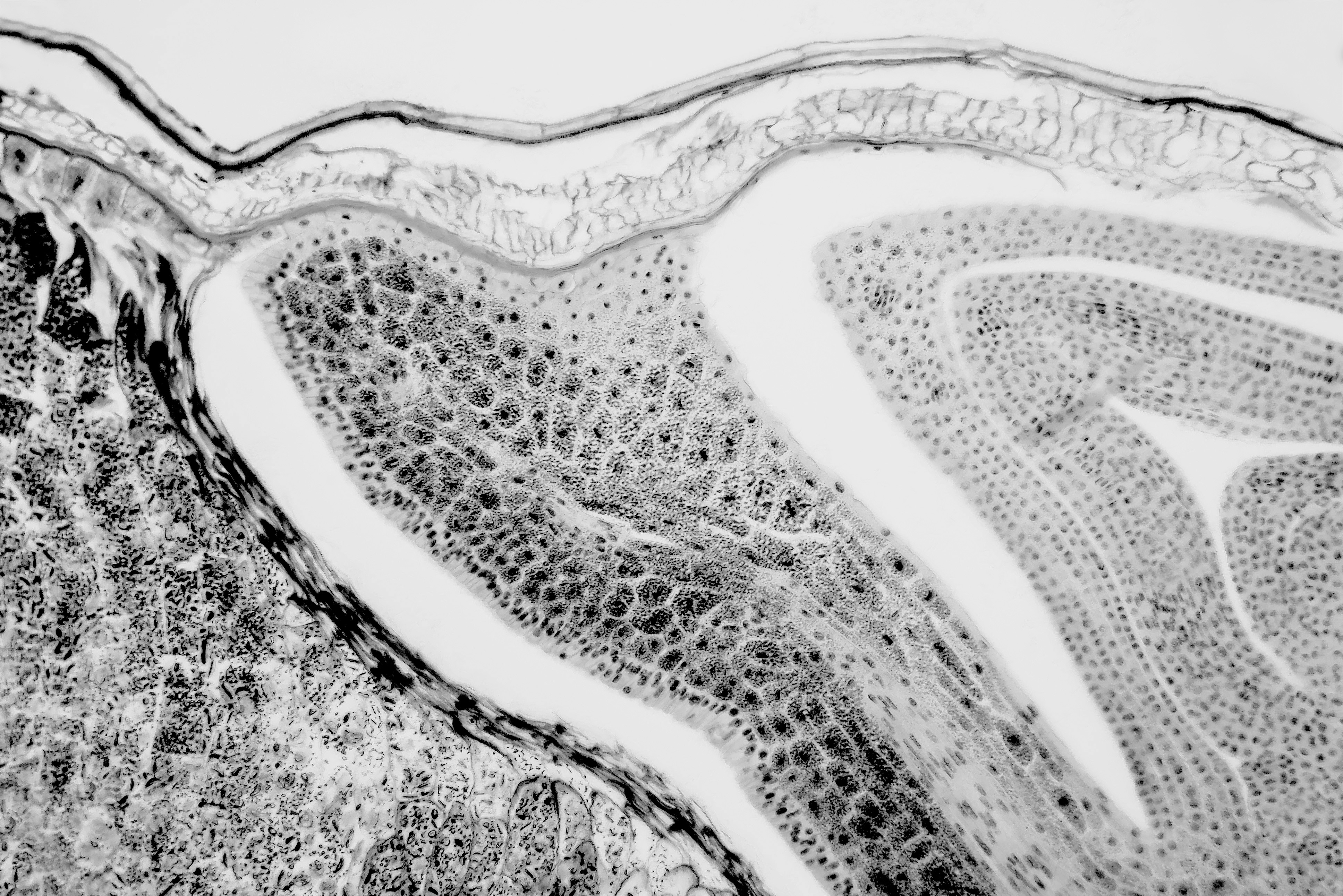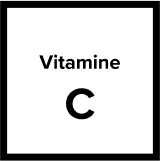Product characteristics
Formula
For 4 capsules:
Vitamin C : 1000 mg
LCA-BioScience® :
- Lemon : 100 mg
- Vitamin E : 12 mg
Plant-based capsule
Ingredients
Liposomal vitamin C complex (ascorbic acid, sodium ascorbate, anti-caking agents: magnesium carbonate and calcium phosphates, emulsifier: lecithins, stabiliser: glycerol, sweetener: steviol glycosides), including 1000 mg vitamin C (1250% RI*); bulking agent: cellulose; 100 mg lemon (Citrus limon) extract, including 50 mg bioflavonoids; anti-caking agent: magnesium salts of fatty acids; vitamin E 12 mg (100% RI*); plant-based capsule (cellulose derivative)
*Reference intake
A-Lab Quality Charter










Precautions for use
Do not exceed the recommended daily dose. Keep out of reach of young children. This food supplement is not a substitute for a varied, balanced diet or a healthy lifestyle. Not suitable for pregnant or breastfeeding women. Those under medical supervision should seek advice from their pharmacist or doctor. Not suitable for those allergic to any of the ingredients. Store in a cool, dry place. For adult use only
Product information sheet indicating environmental qualities or characteristics
- Compostable packaging : no
- Option to reuse packaging : Reusable packaging
- Use of recycled material in the packaging : The packaging contains at least 45% recycled material
- Hazardous substances in the packaging : no
- Hazardous substances in the product : no
- Recyclable packaging : Mostly recyclable packaging
- Reusable packaging : yes
